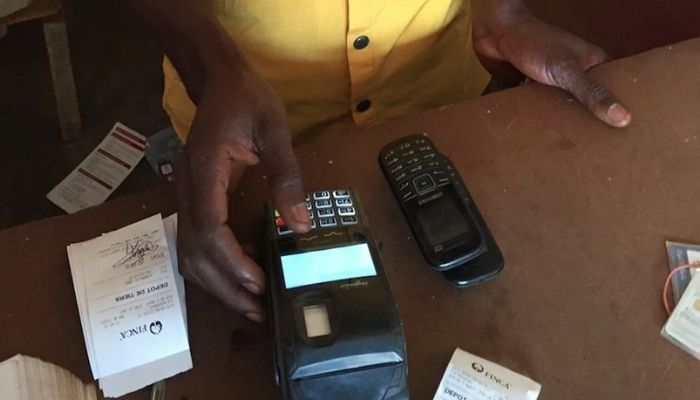By Sikirat Shehu
Copyright businessday

The Kwara Association of Professional Point of Sale Agents (KAPPSA), at the weekend, appealed to the State Government and financial institutions to provide soft loans under fair conditions to support PoS operators.
The Association said such interventions would help agents grow sustainable businesses, expand financial inclusion, and reduce poverty across communities.
Opakunle Ridwan Ayinde, KAPPSA President, gave the appeal while briefing journalists in Ilorin. He stressed that the support should not be seen as charity but as a strategic investment in Nigeria’s economy and job creation.
According to him, most PoS agents are young entrepreneurs who risk their own resources daily, yet lack access to affordable credit. “Too often, they rely on high-interest informal loans that erode earnings and stifle growth,” he lamented.
Ayinde also urged the Central Bank of Nigeria (CBN) to mandate banks and fintech companies to equip PoS terminals with cameras and introduce identity verification for transactions above ₦50,000. He explained that capturing customer images and National Identification Numbers (NIN) would help protect both agents and customers while curbing electronic fraud.
He raised concerns over persistent gaps in Nigeria’s fintech administration, which he said expose POS operators to fraud, liability, and inefficiencies. Citing data from the Nigeria Inter-Bank Settlement System (NIBSS), Ayinde noted that electronic fraud losses rose to over ₦17 billion in 2023, while POS transaction volumes surged by more than 40 percent in the same year.
Read also: ‘Security in Kwara requires proactive measures
“One of the gravest challenges facing POS agents is fraudulent transactions involving stolen debit cards. “While banks and ATMs face little scrutiny when dispensing cash from stolen cards, agents are often treated as culprits sometimes accused, arrested, or even jailed months after transactions, simply because they cannot identify the customer,” he said.
He also decried unresolved transaction disputes, particularly cases of “failed transactions” where customers’ accounts are debited but PoS terminals show no record of payment. Instead of banks taking responsibility, he said, agents are left to face angry customers.
“A transaction should be either successful or failed – never both,” Ayinde argued, urging the CBN to establish clearer dispute-resolution protocols.
The KAPPSA president further condemned harmful practices allegedly linked to some operators, including the reported use of charms or “juju” in financial dealings. He said such practices undermine trust in the industry and must be stamped out through collaboration among regulators, security agencies, and professional associations.
Despite these challenges, Ayinde pledged KAPPSA’s readiness to partner with regulators, banks, fintechs, and law enforcement agencies to build a transparent and sustainable PoS sector that works for all stakeholders.
Nigeria’s fintech industry has witnessed rapid growth in the past decade, with players such as OPay, Moniepoint, and Flutterwave revolutionising digital payments. However, KAPPSA insists that the ecosystem remains fragile at the last-mile level where agents operate.
Shortly after the briefing, the Association carried placards with inscriptions such as: “Join KAPPSA to sanitise PoS industry,” “FG/CBN listen to our plight,” and “National Assembly should pass Bill to regulate POS industry.”



